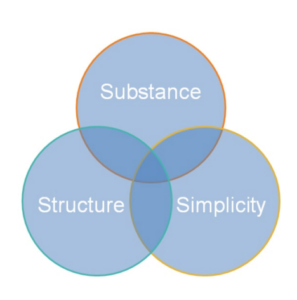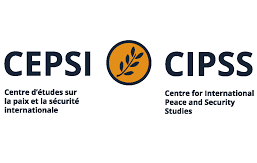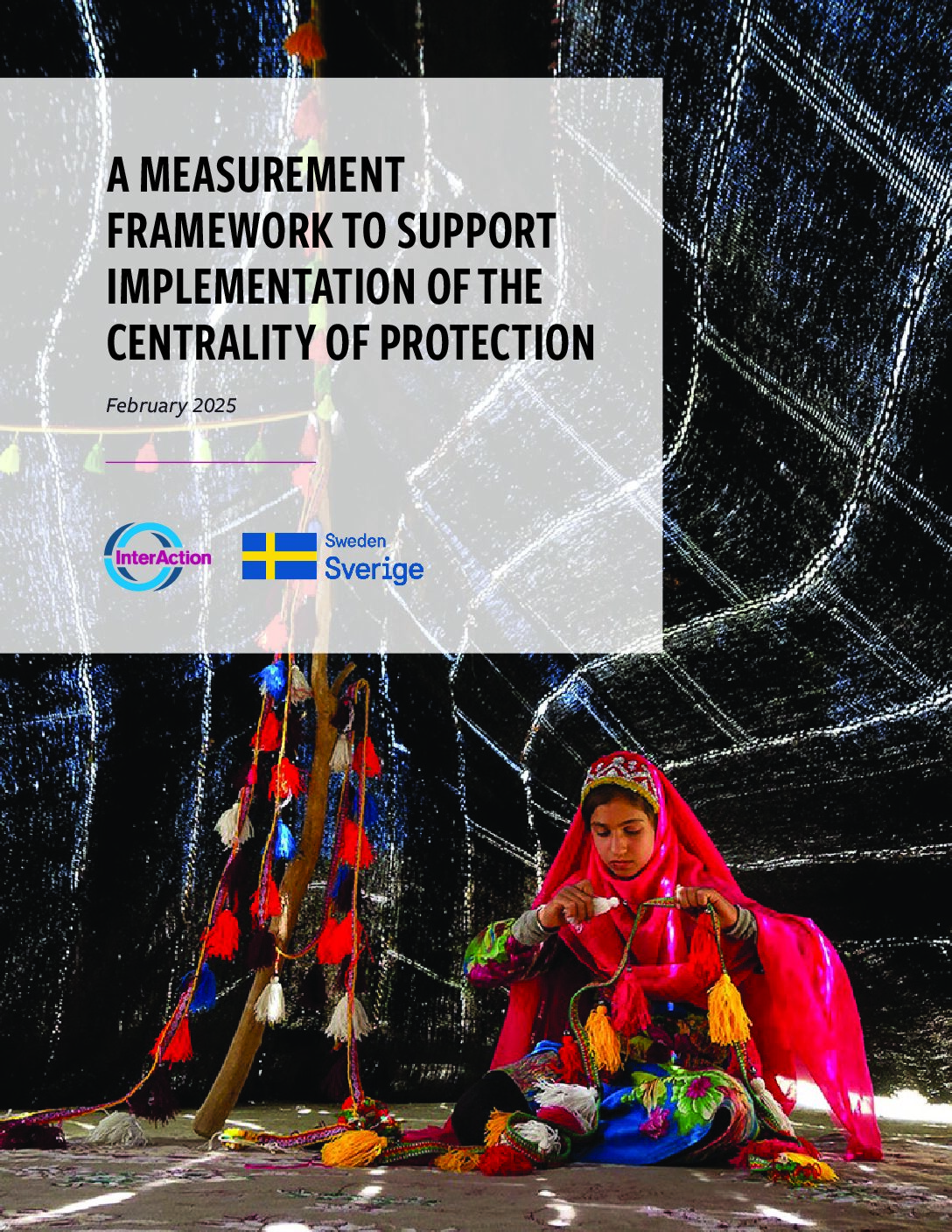The use of simple language is fundamental to realizing results-based approaches to protection. Translators without Borders (TWB) is one non-profit organization that aims to close the language gaps that hinder critical humanitarian efforts worldwide by:
- Providing translations for non-profit organizations in the areas of crisis relief, health, and education;
-
Building capacity by training new translators in under-resourced languages;
-
Raising awareness of why language matters in humanitarian work

To demonstrate the last point, TWB introduced a set of “Plain Language Principles” to reinforce the importance – and provide explicit examples – of crafting clear messages as efficiently as possible. To start, bear these three inter-related elements in mind:
Substance: What does your intended audience want or need to know? (not “What do I want to tell them?”)
Know what single key point you want to make, and state it clearly at the outset, in the title if possible.
Structure: What is the most efficient and logical flow of content, and what layout makes it easiest to understand?
Present those sentences in decreasing order of importance. The overall structure of the whole piece should reflect a similar approach.
Simplicity: What vocabulary, grammatical structures and syntax is appropriate for my intended audience?
However, investigations demonstrate that commonly-used words facilitate swifter comprehension, which warrants that the author is perceived as both cerebral and compassionate.


